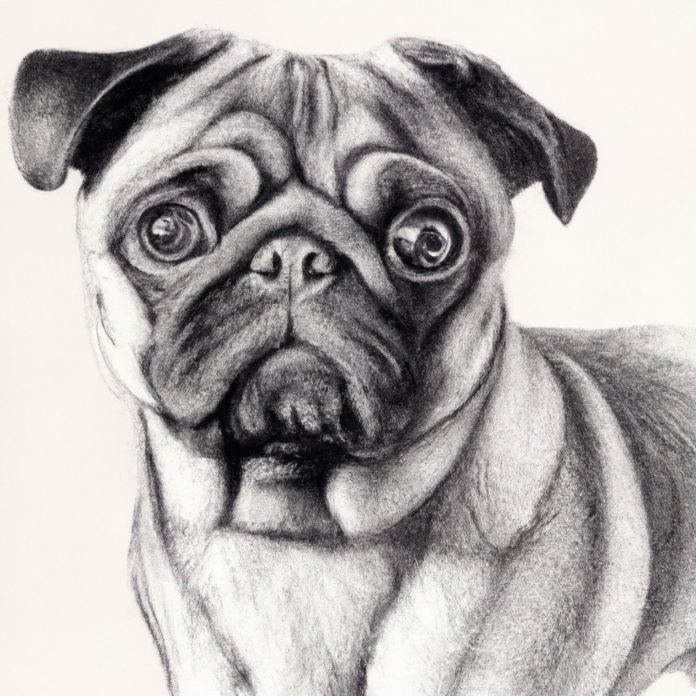Dear VetBabble: Why is my pug experiencing hair loss and scabby skin, and how to treat it?
One of our readers is concerned about their pug experiencing hair loss on her back and paws, along with thick and scabby skin. This is likely due to a severe allergy, although it could also be fleas or mites. In this article, we will discuss the possible causes and treatment options to help pet owners facing similar issues. We will cover some general strategies for dealing with hair loss and skin problems in dogs and useful articles that provide further insights into these concerns.
Section 1: Identifying the cause of hair loss and scabby skin
To establish the root cause of your dog’s hair loss and skin issues, it’s essential first to rule out skin parasites. This process might involve treating your dog with a high-quality flea treatment, such as advocate or advantage. We also recommend consulting your vet, who may perform a skin scrape to reveal any possible infection or mite infestation. These conditions might explain your dog’s symptoms, and understanding the causes can help guide the appropriate treatment.
If your dog’s hair loss is a cause for concern, we recommend reading our article on Why is my dog’s hair falling out? Alopecia, allergies, and other causes of hair loss in dogs. In addition, if you suspect that mites might be the issue, our Does My Dog Have Mange? article provides extensive information on this subject.
Section 2: Treating the allergy and repairing the skin
If skin parasites are not the issue, the next step is to address the allergy symptomatically and work towards discovering the cause. Your vet may prescribe medications such as steroids and antibiotics to help repair your dog’s skin lesions. At the same time, you should consider starting your dog on a prescription hypoallergenic diet for at least two months. This dietary change might effectively alleviate allergies caused by food sensitivities.
Explore our article on Dog Allergies for a comprehensive guide on recognizing and treating allergic reactions in your furry friend. If your dog continues to suffer from itchy skin, we have some helpful Simple Tips for Itchy Dogs to help improve their comfort.
Section 3: Long-term allergy management
Unfortunately, allergies in dogs can be difficult to manage, and it might take time to find the right combination of treatments and preventive measures. If your dog doesn’t show significant improvement after trying the above-suggested treatments, you and your vet should consider long-term allergy treatment options such as Atopica or Apoquel. These medications have been proven to be effective in managing allergies in dogs but consult your vet before starting any new medication.
It’s essential to maintain ongoing communication with your veterinarian throughout your dog’s treatment and recovery progress. Keep track of any changes in your dog’s condition and inform your vet if the symptoms worsen, or additional signs appear. With dedication and patience, you can help your dog overcome allergy-related hair loss and skin issues and ensure a happier, healthier life for your furry friend.









